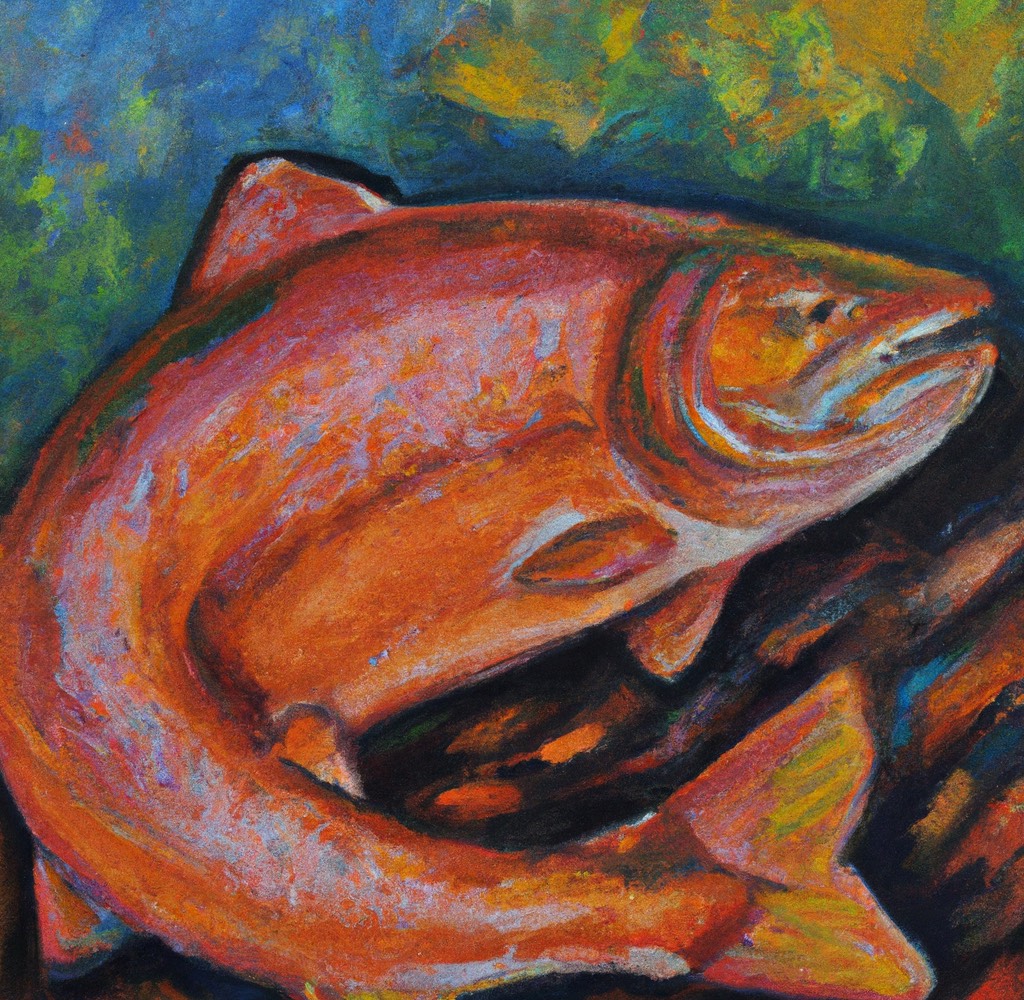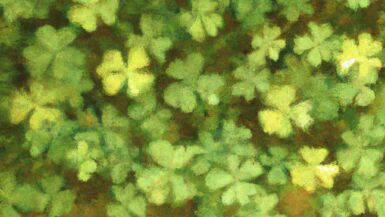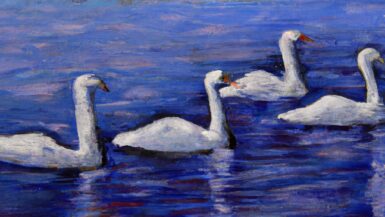The Legend of the Salmon of Knowledge is one of the most renowned tales in Irish mythology. It involves the well-known hero, Fionn Mac Cumhaill, and his pursuit of wisdom. The tale is part of the Fenian Cycle, one of four major cycles in Irish mythology, emphasizing the lives of Fionn and his warrior band, the Fianna.
Early Documentation: Ancient Irish Manuscripts
The Legend of the Salmon of Knowledge, similar to many other Irish myths, traces its origins to the oral tradition. The story was passed down through generations before it was finally committed to paper. The earliest known written account is found in the Acallam na Senórach, a 12th-century text documenting the conversations between Saint Patrick and the last members of the Fianna. Despite its late documentation, the core narrative has remained remarkably consistent, testifying to the resilience of the oral tradition.
The Legend: A Synopsis
The tale begins with a wise old bard named Finnegas who lived near the River Boyne. The Boyne, according to the lore, was home to the Salmon of Knowledge, a magical fish that had eaten the nuts of wisdom from the nine hazel trees surrounding the Well of Wisdom. It was said that whoever ate the salmon would gain the knowledge of the world.
Finnegas, after years of unsuccessful attempts, finally caught the Salmon of Knowledge and gave it to his apprentice, Fionn Mac Cumhaill, to cook. He warned Fionn not to eat any part of it. While cooking, Fionn burst a blister on the fish’s skin, burning his thumb. Instinctively, he put his thumb in his mouth to soothe the burn, thereby inadvertently tasting the salmon’s skin. This act transferred all the wisdom of the salmon to Fionn. When Finnegas saw a newfound wisdom in Fionn’s eyes, he realized what had happened and insisted that Fionn eat the entire fish, recognizing that it was Fionn’s destiny to gain the Salmon’s wisdom.
Characters and Themes
Fionn Mac Cumhaill: The Hero’s Journey
Fionn Mac Cumhaill is a central figure in Irish mythology. His life, filled with heroic deeds, adventures, and wisdom, captures the imagination of audiences. The tale of the Salmon of Knowledge marks a crucial point in his life, transforming him from a young boy into the revered leader of the Fianna. The wisdom he gained from the salmon shaped his decisions, making him a wise leader and a formidable warrior.
Finnegas: The Guide
Finnegas, the wise druid, serves as Fionn’s mentor. He symbolizes patience and determination in his relentless pursuit of the Salmon of Knowledge. Despite his initial intention of gaining wisdom himself, he accepts Fionn’s destiny with grace, showcasing his wisdom and selflessness.
The Salmon of Knowledge: The Embodiment of Wisdom
The Salmon of Knowledge is a unique character. Despite its lack of dialogue or conventional characterization, it plays a crucial role in the narrative. It personifies wisdom and the pursuit of knowledge, serving as the catalyst for Fionn’s transformation.
Historical and Cultural Context
The legend of the Salmon of Knowledge reflects the Celtic reverence for wisdom and learning. It emphasizes the belief that wisdom comes from experiencing life, represented metaphorically through Fionn’s consumption of the salmon. The tale also incorporates elements of nature worship, a common theme in Celtic mythology.
Literary Influence and Legacy
The Legend of the Salmon of Knowledge has profoundly influenced Irish literature. Its themes of wisdom and transformation are universal, making it a source of inspiration for many authors. The tale has been retold in various formats, from children’s books to academic texts, each adaptation bringing a fresh perspective to the timeless narrative.
Artistic Representations
The legend has inspired numerous artistic representations, with the image of the salmon becoming an iconic symbol of wisdom in Irish culture. The Salmon of Knowledge is depicted in various forms of visual art, including sculptures, paintings, and murals. One of the most notable is a bronze statue located in Belfast, known as the “Big Fish” or the “Salmon of Knowledge,” created by John Kindness in 1999.
Folklore and National Identity
The Legend of the Salmon of Knowledge, like many other tales of Fionn Mac Cumhaill, has become an integral part of Irish national identity. It is not just a story but a narrative that reflects the cultural, historical, and social fabric of Ireland. The tale’s enduring popularity, from ancient times to the present day, testifies to its cultural significance.
Cultural Festivals and Commemorations
The tale of the Salmon of Knowledge is celebrated in many cultural events and festivals across Ireland. The annual ‘Festival of Finn’ in County Kerry is one such event, featuring storytelling, music, and dance centered around the tales of Fionn Mac Cumhaill. The ‘Salmon of Knowledge Festival’ in County Meath is another celebration dedicated to this legendary tale.
Modern Interpretations and Adaptations
The Legend of the Salmon of Knowledge continues to be relevant in contemporary times, with modern interpretations often focusing on the themes of wisdom and personal growth. It has been adapted into various formats, including plays, films, and animations, bringing the ancient tale to life for contemporary audiences.
In literature, the story has been retold in various styles, from prose to poetry, with authors often exploring the psychological and philosophical aspects of the narrative. In music, the tale has inspired numerous songs and compositions, encapsulating the story’s essence in melodic form.
The Legend’s Influence Beyond Ireland
While the tale is deeply rooted in Irish culture, its influence extends far beyond Ireland’s shores. The universal themes of wisdom and transformation resonate with audiences worldwide. The story has been translated into numerous languages, allowing it to reach a global audience.
In summary, the Legend of the Salmon of Knowledge is not just a tale but a cultural icon that epitomizes the Irish tradition of storytelling. Its narrative richness, historical significance, and universal themes ensure its continued relevance, captivating audiences with its profound portrayal of the pursuit of wisdom.






Leave a reply